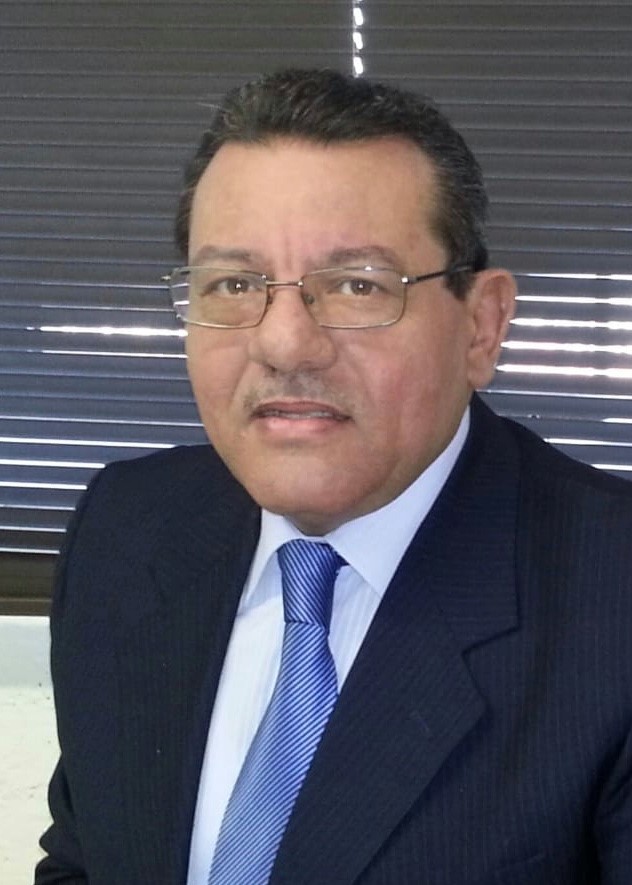Crude Oil and Petroleum Product: The Gulf is the only region in the world with huge reserves ready to be developed as much as the market would need. The Gulf is becoming more important in the aftermath of the Ukrainian Crisis. It must be reminded that the region is also a major producer and exporter of petroleum products, petrochemicals and fertilisers.Natural Gas, both Conventional and Unconventional: The Gulf as a main gas export player: the vital role of Qatar, the ambitions of Abu Dhabi and Oman, and the hopes of Iran. Role of the Gulf, Especially Qatar, in Supplying Europe with natural gas in the aftermath of the Ukrainian crisis. The quest of Gulf countries for a larger share of the global gas market: Qatar with its expanded LNG capacity and Saudi Arabia and Abu Dhabi with their pursuit for gas opportunities around the globe. The Gulf as a growing market for natural gas. Unconventional gas in the Gulf: the adventures in Saudi Arabia and Oman.Renewable Energies: The Gulf developing renewable energies: as a way to reserve more fossil fuels for export, and to fulfil the international environmental obligations.Solar Energy: While the Gulf got plenty of hydrocarbon energy sources, it was among the pioneers to develop solar energy: the experience of Abu Dhabi, and the ambitious steps taken by Saudi Arabia and Qatar.Nuclear: will the experience of Abu Dhabi be replicated in other Gulf countries? Wind Energy: Why this important source in underdeveloped in the region? New Energies: Hydrogen: an increasing number of countries in the Gulf are developing hydrogen industries. Ammonia: growing interest in this source of energy in the region.
3 DAYS / 12 Workshops
MORE THAN 300 ACADEMIC PAPERS
Despite
the radical geopolitical transformations in Europe and the Middle East
including Turkey and Iran, which are associated with an increasing pressure to
lower the reliance on fossil fuel in the “traditional” oil and gas producing
countries, the Gulf region has kept its central position in the world energy
arena.
The proposed workshop shall be looking at the current and prospective situation in the Gulf oil and gas industries, which aims to keep the leading position around the globe. The workshop shall also review the Gulf ability and willingness to play an important role in the production and deployment of other energy sources like renewable energy and clean energy sources.
The proposed workshop shall have a major impact of the works of the GRM meeting by providing an update on the state of the energy sector in the Gulf region with all its aspects, looking at it from different angles including those of the renewable energy sources, and showing the capabilities of the Gulf region on all energy-related levels. It shall also be able to impact the decisions of the Gulf policy-makers in terms of solving the issue of deciding on the best time and conditions for managing the level of production and export of oil and gas in their countries.
This workshop shall provide an update on the latest developments in the areas of crude oil and petroleum products. The Gulf is the only region in the world with huge reserves ready to be developed to supply the energy-thirsty world market. The area which has gained additional importance in the aftermath of the Ukrainian Crisis, plays an important role in supplying the world markets with petroleum products, petrochemicals and fertilisers.
While the Gulf has been put under considerable pressure to increase the production of oil (and gas) to fill in the gap in the market, the region is experiencing a growing demand for oil and petroleum products, a demand which has been increasingly eating from the oil export potential from the area.
The Gulf has also been a major producer and exporter of natural gas either through pipeline or in a liquefied form (LNG). In this context, it is important to understand the vital role of Qatar as well as the ambitions of Abu Dhabi and Oman, along with the hopes of Iran. The recent talks about Gulf gas (especially that from Qatar) replacing at least part of the Russian gas to Europe shall be addressed within this framework.
The workshop shall also highlight the quest of Gulf countries for a larger share of the global gas market including Qatar with its expanded LNG capacity, and Saudi Arabia and Abu Dhabi with their pursuit for gas opportunities around the globe.
Meanwhile, the Gulf has been the scene of a growing local consumption of natural gas, and many countries there have been in continuous search for gas supply to meet the increasing demand which is also eating from the region’s gas export potential.
All the
above has been coupled with serious efforts to develop the resources of
unconventional gas in the Gulf. In this context, the successful experiences of
Saudi Arabia and Oman need to be highlighted.
In addition to the development of conventional and unconventional oil and gas, the Gulf region has been investing considerable efforts in developing renewable energy sources. The development in the Gulf of these renewable energy sources could well lead to save more fossil fuels for export from the region without the need for increasing oil and gas production. It would also assist the region in meeting the international environmental standards and the global efforts to reduce carbon emissions through renewable energies.
The main
form of renewable energies developed in the Gulf is solar energy. In fact,
while the Gulf got plenty of hydrocarbon energy sources, it is one of the
richest regions in the world in terms of solar availability. This makes it
among the pioneers to develop solar energy. Thus, the workshop aims to discuss
the solar experience of Abu Dhabi, and the ambitious steps taken by Saudi
Arabia and Qatar. Reviewing the latest technological and economic developments
in the industry related to solar energy would be suitable in this context.
Other renewable energy sources shall be looked at in the workshop, including the nuclear energy. The experience of Abu Dhabi needs to be discussed and evaluated, together with the question frequently asked about the feasibility of replicating that successful experience on other Gulf countries. The workshop shall also look at wind energy, and try to explain the reasons behind the underdevelopment of this important energy source in the region.
Our speakers shall also be discussing the importance of new energy sources like hydrogen, especially the green hydrogen. An increasing number of countries in the Gulf are developing hydrogen industries and are looking into the possibility of exporting green hydrogen to the world market. Another promising source of energy is ammonia, with a growing interest in this source of energy in the region and around the world.

